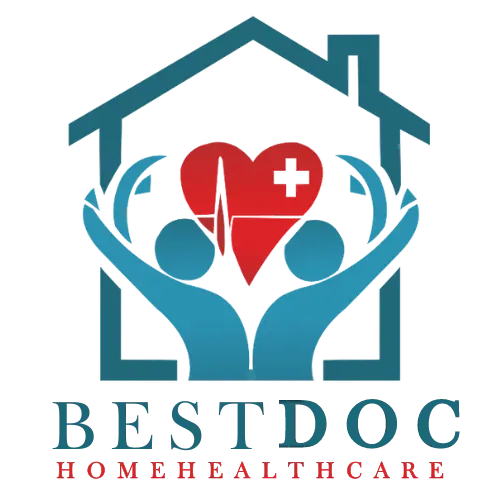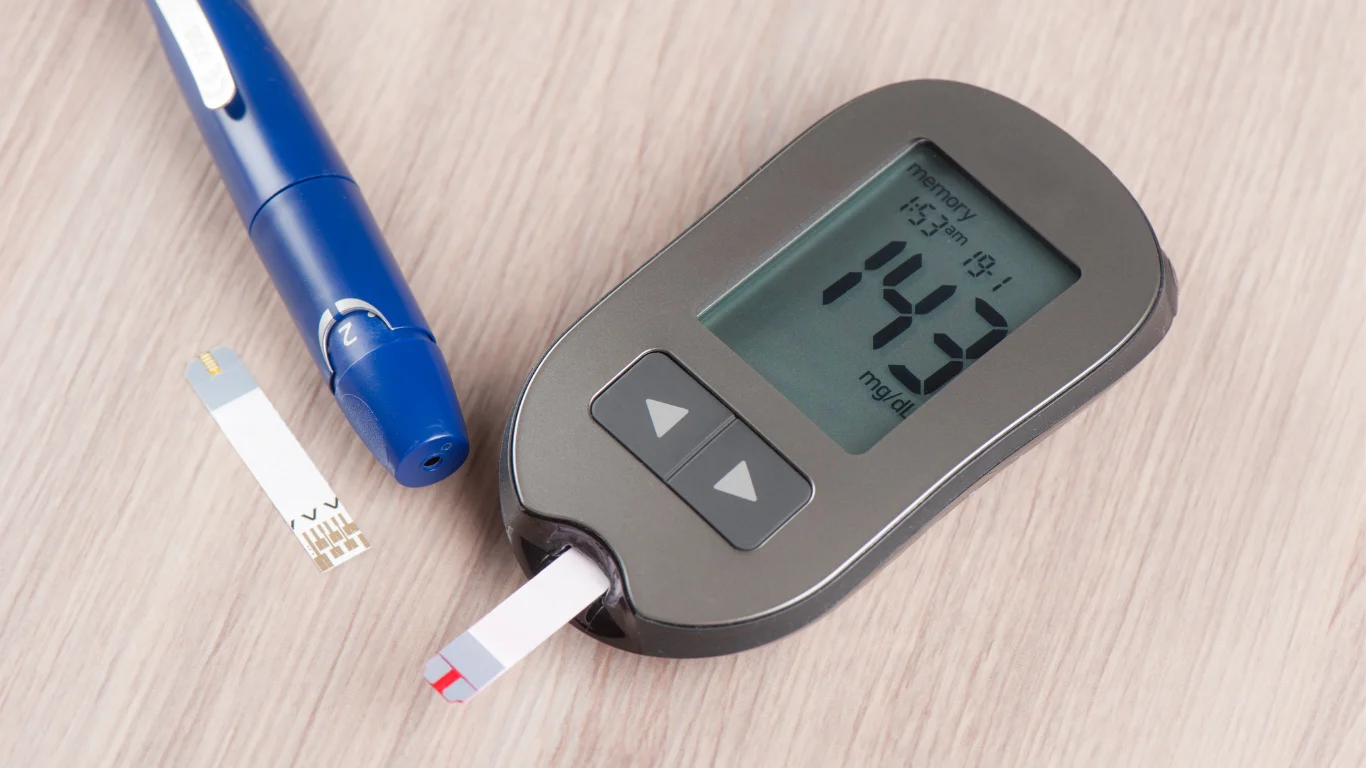In today’s demanding work environment, stress has become a common challenge. Tight deadlines, heavy workloads, and workplace conflicts can affect both mental and physical health. However, managing work stress is achievable and crucial for a healthier, more fulfilling life. This guide explores how to recognize work stress, manage it effectively, and how professional support can help.
Understanding Work Stress
Work stress arises when job demands exceed your capacity to cope. Common causes include unrealistic expectations, lack of support, and poor communication. Prolonged stress can lead to physical, emotional, and behavioral symptoms, impacting overall health and productivity.
Signs You Might Be Experiencing Work Stress
Physical Symptoms
- Fatigue: Persistent exhaustion, even with adequate sleep.
- Headaches or Migraines: Tension headaches triggered by stress.
- Muscle Tension: Tightness in areas like the neck, shoulders, or back.
- Digestive Issues: Upset stomach, nausea, or appetite changes.
- Increased Heart Rate: Feeling palpitations or a racing heart during stressful moments.
Emotional Symptoms
- Irritability or Mood Swings: Feeling easily frustrated or short-tempered.
- Anxiety or Worry: Constant overthinking or fear of failure.
- Loss of Motivation: Struggling to focus or find enthusiasm for tasks.
- Overwhelm: Feeling buried under tasks with no way out.
Behavioral Symptoms
- Procrastination: Avoiding tasks due to feelings of overwhelm.
- Withdrawal: Distancing yourself from colleagues or loved ones.
- Work Habit Changes: Missing deadlines or making more mistakes.
- Unhealthy Coping Mechanisms: Relying on caffeine, alcohol, or overeating for relief.
If these symptoms sound familiar, taking action is essential. Learn more about managing work-related stress through resources like NHS Every Mind Matters.
Practical Strategies to Manage Work Stress
1. Prioritize and Organize
Break tasks into smaller, manageable steps. Use tools like to-do lists to stay organized and regain control over your workload.
2. Take Breaks
Regular breaks improve focus and reduce burnout. Even a five-minute walk or deep breathing can help recharge your mind.
3. Practice Mindfulness
Incorporate techniques like meditation or deep breathing into your daily routine to calm your mind and improve focus.
4. Communicate Openly
Discuss concerns with a trusted colleague or supervisor. Open dialogue often leads to solutions and builds trust.
5. Set Boundaries
Learn to say no when overburdened and create clear distinctions between work and personal life to prevent burnout.
How Our Certified NLP Practitioner and Life Coach Can Help
At Best DOC Home Healthcare, we offer professional mental health support tailored to your needs. Our certified NLP practitioner and life coach help you:
- Identify Root Causes: Discover subconscious patterns contributing to stress through Neuro-Linguistic Programming (NLP).
- Reframe Negative Thoughts: Replace unhelpful thoughts with empowering perspectives that enhance productivity.
- Create Personalized Plans: Develop strategies suited to your specific work environment.
- Build Resilience: Strengthen your emotional capacity to handle challenges and thrive under pressure.
- Receive Ongoing Support: Regular sessions ensure progress and sustained work-life balance.
These services are available in the comfort of your home. Learn more about our offerings at Best DOC Healthcare Services.
Creating a Positive Work Environment
A supportive work environment can reduce stress significantly. Personalize your workspace for comfort and foster positive relationships with colleagues to build a sense of belonging and collaboration.
When to Seek Professional Help
If stress becomes overwhelming, seeking external support is a proactive choice. Consider therapy, counseling, or guided sessions with a certified NLP practitioner. Many workplaces also offer Employee Assistance Programs (EAPs) to provide additional resources.
Conclusion
Work stress is a challenge, but it doesn’t have to define your life. By adopting practical strategies and seeking professional guidance, you can take control, reduce stress, and achieve a balanced work-life harmony. With the right support, thriving under pressure becomes a realistic and rewarding goal.












